Biden says 'considering' US diplomatic boycott of Beijing Olympics
President Joe Biden says he is "considering" a US diplomatic boycott of the Winter Olympics in Beijing.
That is "something we are considering," Biden told reporters on Thursday when asked if a diplomatic boycott was under consideration.
The move would mean that US officials would not attend the opening of the Beijing Winter Olympics in February.
This comes as members of Congress from both parties have been pressing the Biden administration to diplomatically boycott the event given that the US government accuses Beijing of committing "genocide" against the Muslim Uighur minority in the Xinjiang region, something that China denies.
In October, a bipartisan group of US senators put forward an amendment to an annual defense policy bill that would ban the US State Department from spending federal funds to "support or facilitate" the attendance of US government employees at the Games.
The latest US decision would be a rebuke of Chinese President Xi Jinping just days after Xi and Biden discussed ways to ease tensions in a virtual summit, their first extensive talks since the US president took office in January.
Also on Thursday, White House spokesperson Jen Psaki told a news briefing that US consideration of a diplomatic boycott of the Winter Olympics was driven by concerns about alleged human rights abuses in Xinjiang province.
"There are areas that we do have concerns: human rights abuses," Psaki said. "We have serious concerns."
"Certainly there are a range of factors as we look at what our presence would be," she said, while declining to provide a timeline for a decision. "I want to leave the president the space to make decisions.”
Last year, a UN human rights panel alleged that up to two million Uighurs had been forced into “political camps for indoctrination” in the autonomous region, which is home to about 10 million Uighurs.
China rejects claims of mistreating Uighurs, saying it has been taking anti-terrorism measures against separatists in the region who are seeking to join Takfiri outfits such as al-Qaeda.
Beijing describes the camps in Xinjiang as “vocational education and employment training centers,” which are part of its efforts to tackle underdevelopment and a lack of employment in the area.
VIDEO | IAEA adopts anti-Iran resolution tabled by E3
VIDEO | Iran's president urges Pope to help end Israel's onslaught in Gaza
Iran's senior legal official: ICC arrest warrants for Netanyahu ‘great victory'
Nov. 21: ‘Axis of Resistance’ operations against Israeli occupation
VIDEO | Israeli forces storm West Bank’s Jenin again, target civilians
Iran activates advanced centrifuges after IAEA's 'unjust' resolution
VIDEO | Press TV's news headlines
Iran FM: Response to Israeli aggression 'inevitable'


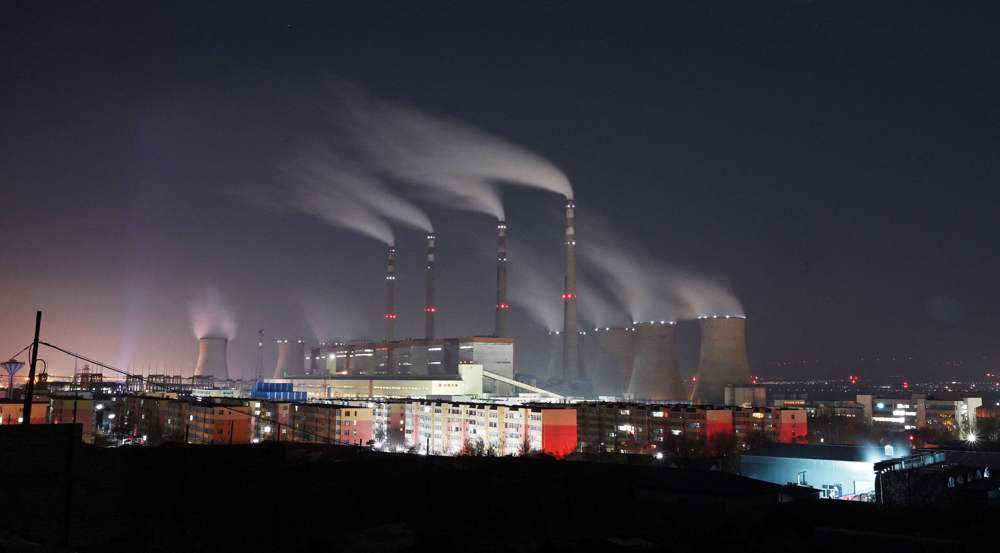
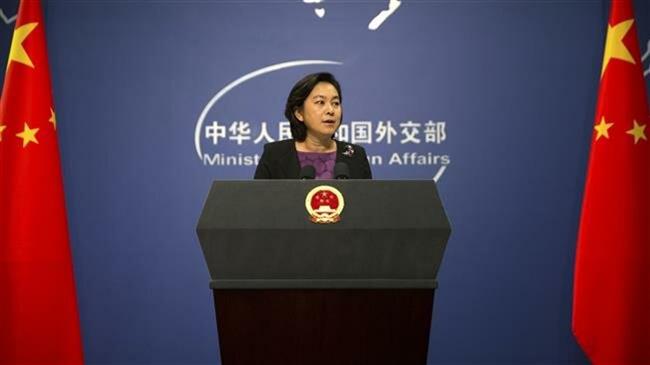

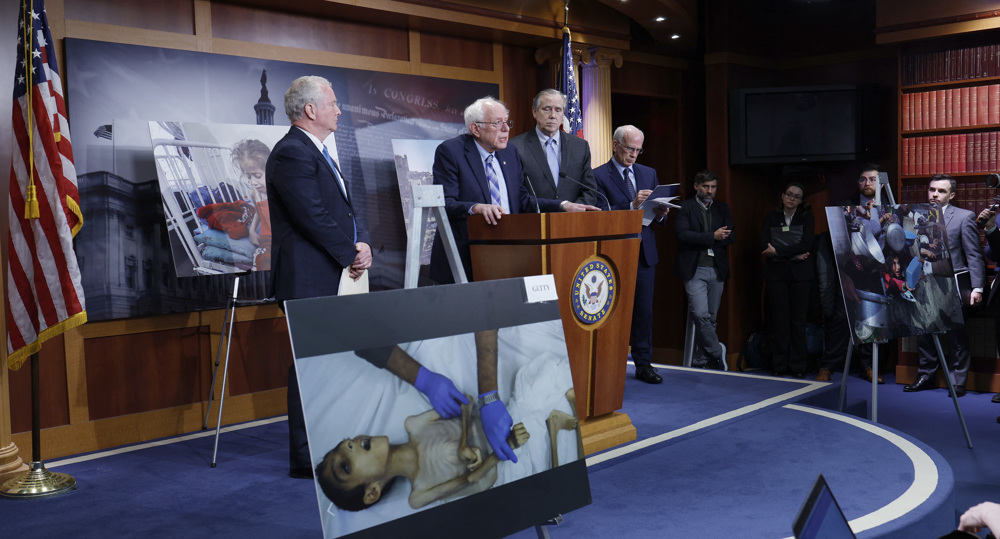




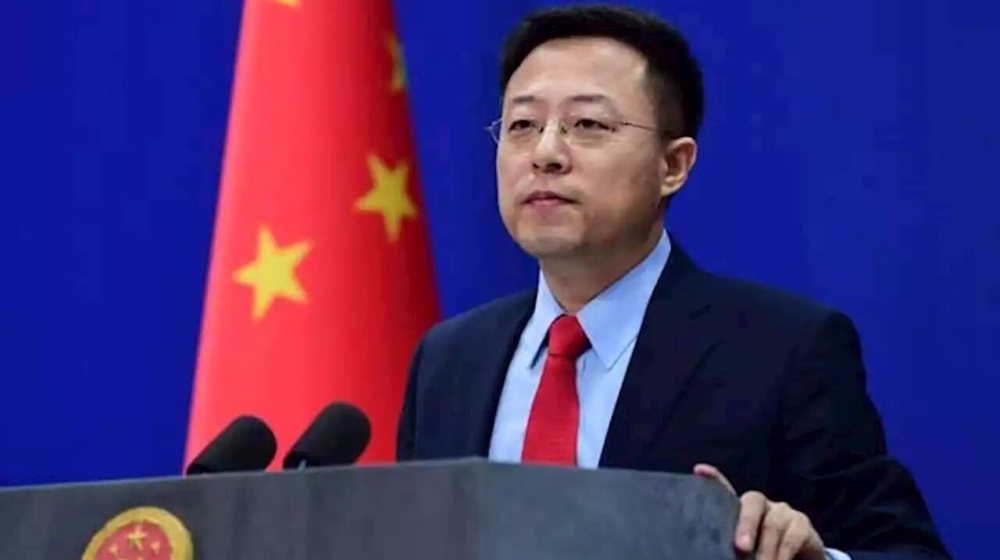
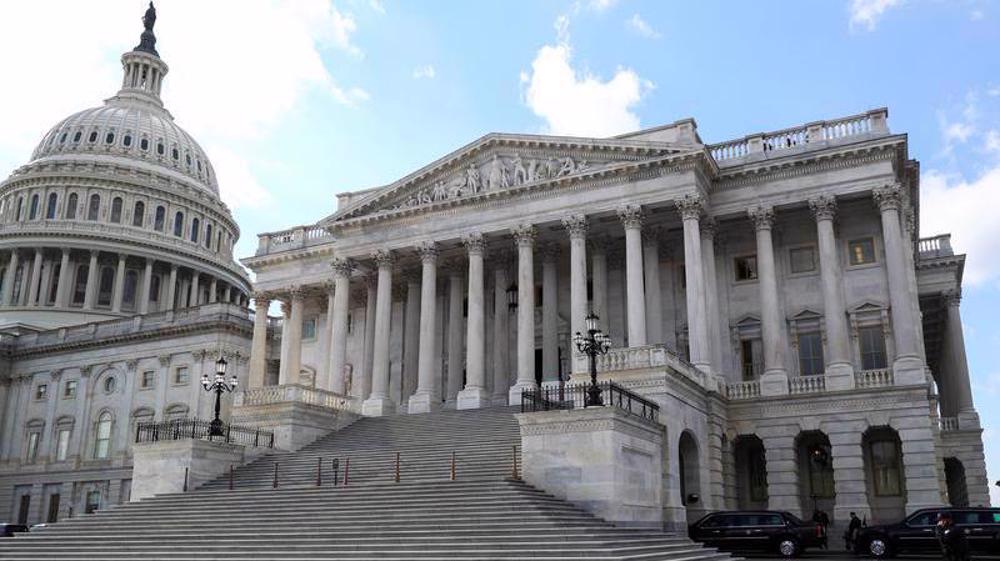
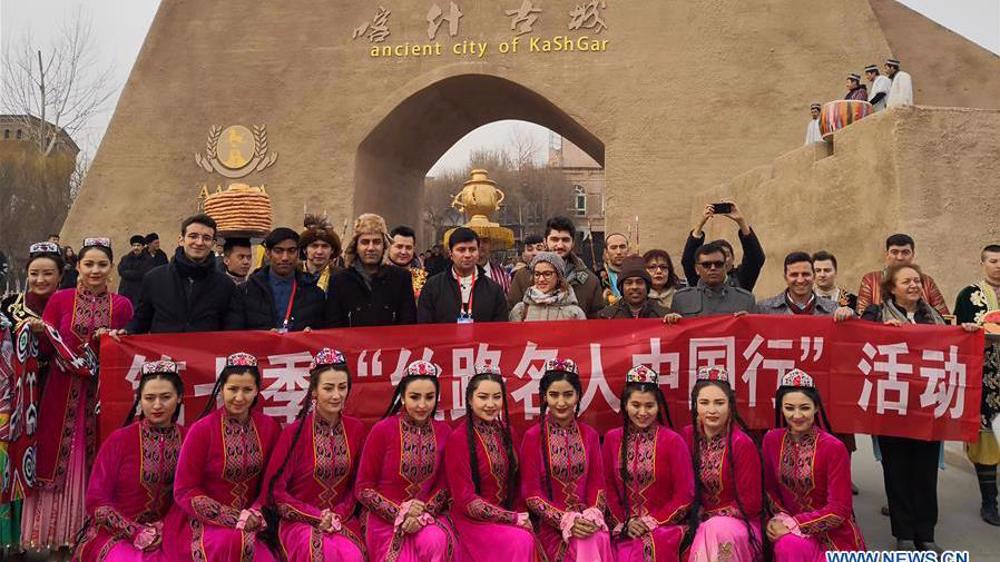

 This makes it easy to access the Press TV website
This makes it easy to access the Press TV website